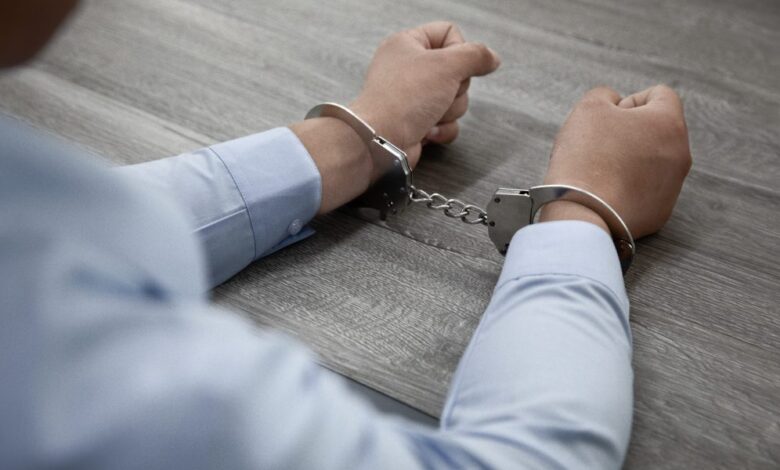How Criminal Charges Affect Professional Licensing

If youŌĆÖve ever wondered how a criminal charge might affect your career, youŌĆÖre not alone. The practitionerŌĆÖs background may influence the licensing requirements for many careers.┬Ā
Did you know that in 2024, approximately 77 million Americans have a criminal record, which can make it harder for them to get occupational licenses, as stated by the National Conference of State Legislatures?
The effect of criminal charges on oneŌĆÖs professional career can vary by state. For instance, California professional licenses can be revoked when an individual is convicted of a crime. According to the California Business and Professions Code (BPC) 480, a state licensing board can revoke your license if it has been proven that you committed a crime. A minor incident can destroy oneŌĆÖs career in healthcare or finance.┬Ā
LetŌĆÖs discuss how you may be able to handle the possible cancellation of your professional license once you have received criminal charges.
Understanding Professional Licensing Requirements
Understanding licensure requirements is important when seeking a career in regulated professions. Each profession is defined by several rules that determine who can practice it, and these rules will help you.
To get further insight into the licensing requirements in your area, call your licensing board. Applicant licensing in the usual sense requires someone to have completed the educational qualifications and passed necessary examinations and checks. You will also be subject to background verification. Cultivating networks among your peers can open horizons to opportunities.
Following these principles may help in restoring trust in a community, while an absence of trust will generate a culture of exclusion and isolation.
The Impact of Criminal Charges on Different Professions
Understanding professional licensing requirements sets the stage for understanding how criminal charges can interfere with your career. In many fields, with healthcare and education included, a clean record counts as an advantage.
One example of how criminal charges affect careers comes from theft cases. According to theft crime lawyer Brent D. Ratchford, theft charges carry heavy legal consequences and can harm your employment or housing opportunities. This means an arrest for a theft charge┬Ā could potentially raise concerns for a nursing license applicant, while a teacher facing criminal charges is unlikely to advance in their job search.┬Ā
In finance or law, any serious charge leads to the immediate disqualification or suspension of your license. Each profession will have its standards. Keep in mind how your profession deals with criminal charges.
Protecting your professional name is important, and awareness of these implications helps in working out a plan for carrying on with your career.
Consequences of Having a Criminal Record on Licensing
An individualŌĆÖs criminal record can affect their chances of receiving or retaining a professional license. Criminal history can be a problem since most licensing boards will look into your background. The application of a person with a criminal record may receive delays or face outright denial.
Different professions apply different standards, and some professions might be lenient with criminal records. This emphasizes the idea that even minor infractions may have dire consequences for you. Only by coming to terms with this knowledge can you deal with the problem and motivate yourself to make a responsible career choice.
Mitigating the Effects of Criminal Charges on Career Paths
Criminal charges can seriously hamper your chance at employment. Undergo a personal growth and rehabilitation process to minimize their impact as much as possible. Your behavior will demonstrate your commitment to positive change.
Collaborating with supportive peers would also create opportunities where your skills will matter more than your record. Build your resume to show your potential and experiences while making an effort to downplay your past. Discuss the subject fairly in interviews, focusing on your eagerness to put things right.
Resources and Support for Affected Individuals
Numerous resources are available for someone dealing with the aftermath of criminal charges. There are support groups at the local level that can link you with others who have been through similar situations. Talking with these individuals can help you receive the necessary support.
Many nonprofits offer legal aid that can assist you with your case regarding licensing issues. You can even talk to a licensure counselor who can guide you through rehabilitation and reintegration so that you can rebuild a career.┬Ā
Online forums and local community workshops may be alternatives for insight and encouragement. Seeking help requires courage. Having healing and nurturance from supportive individuals will guarantee resilience ahead.




